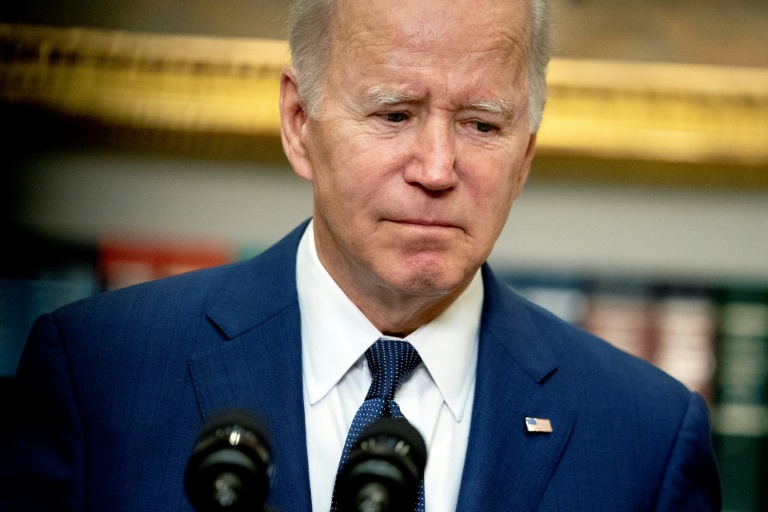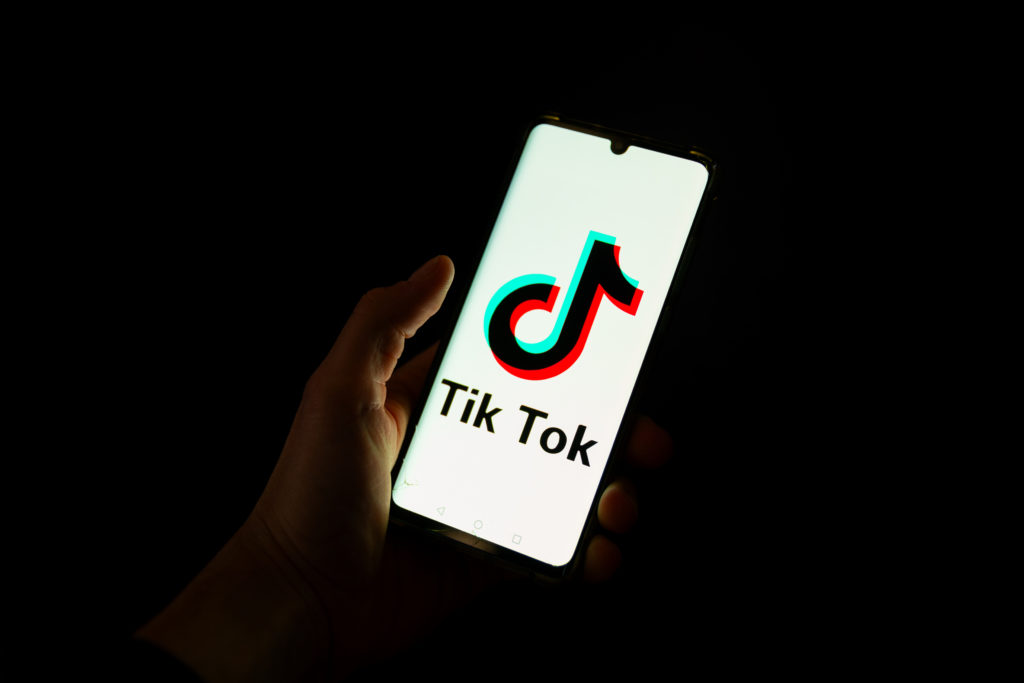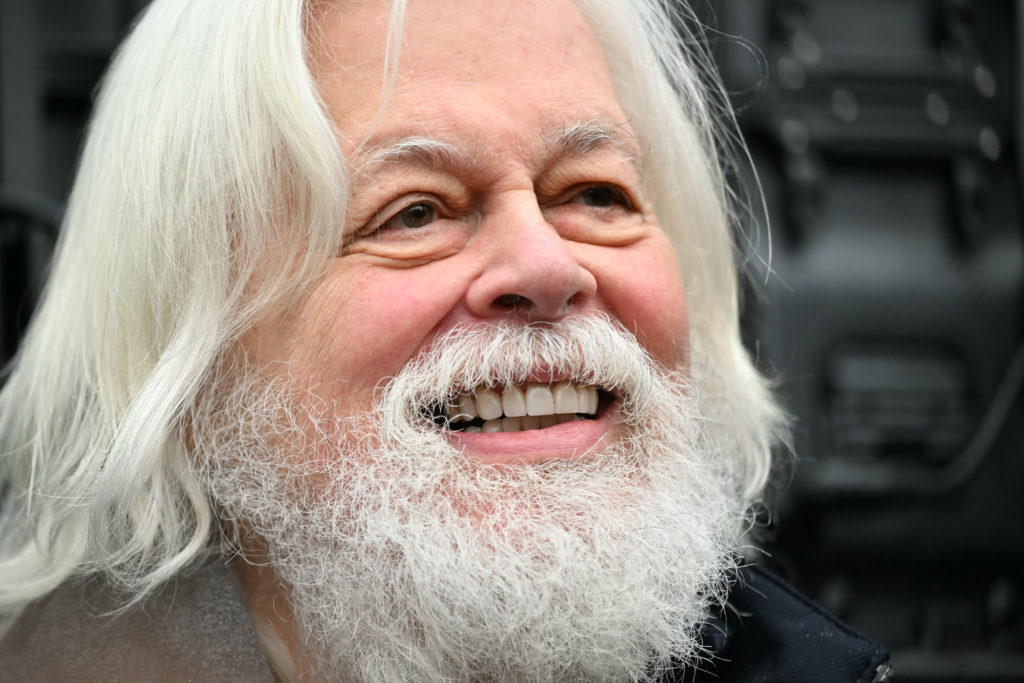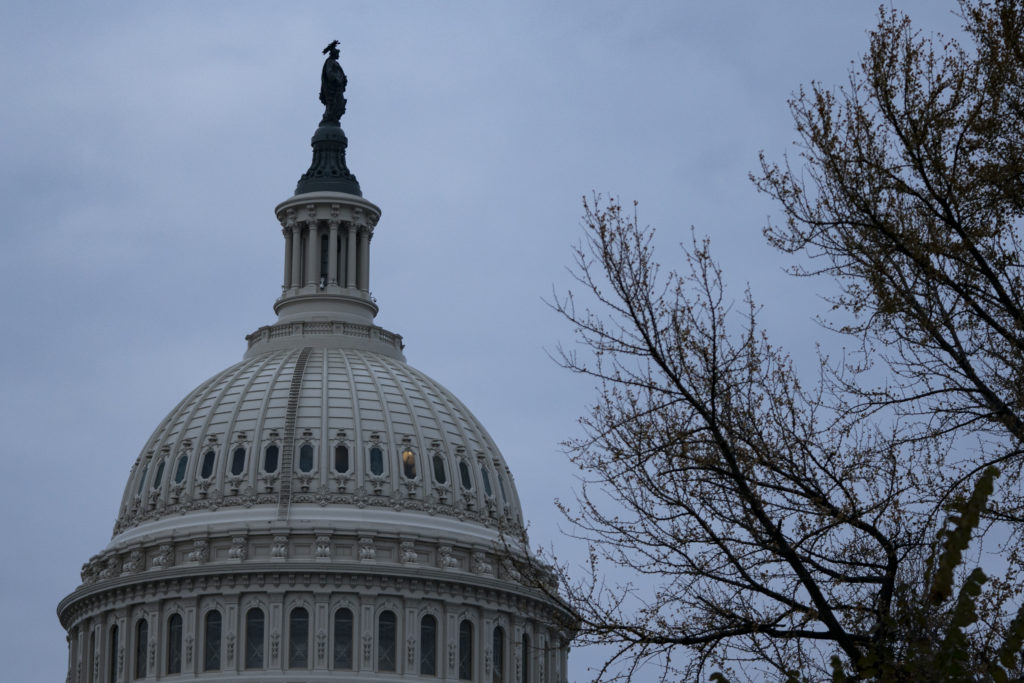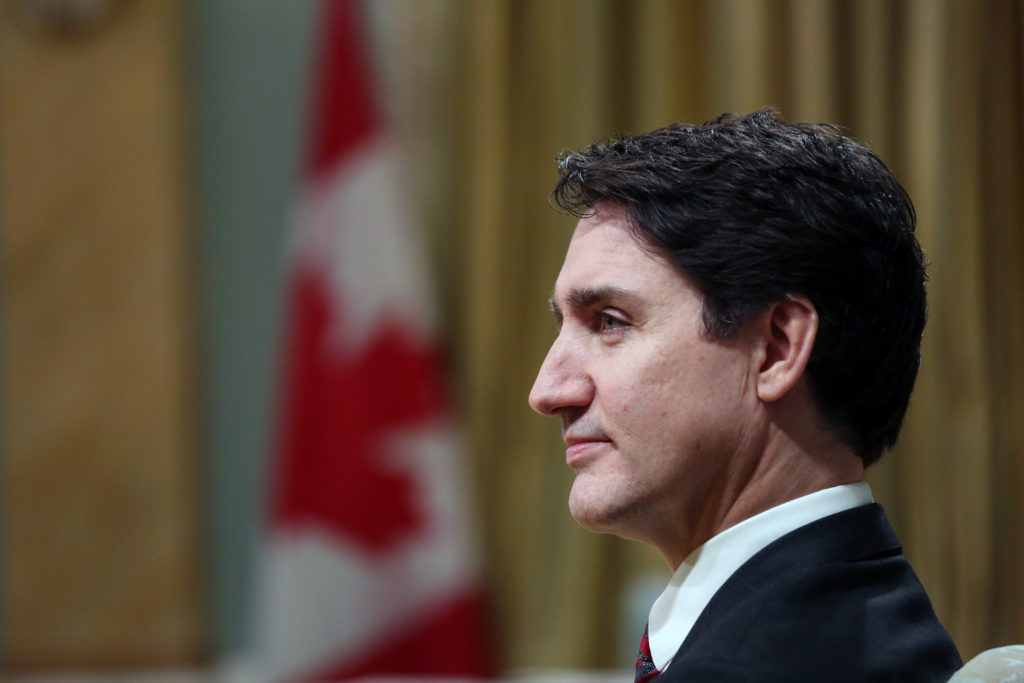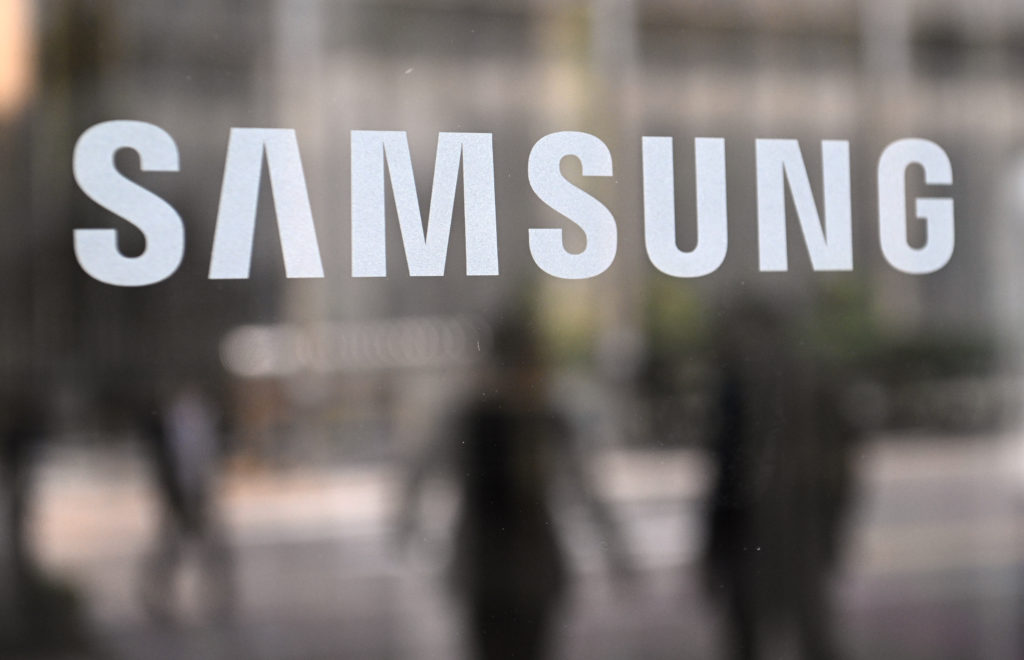President Joe Biden will mark the second anniversary of the murder of George Floyd on Wednesday, the day after a school shooting that came as a cruel reminder of his powerlessness to rein in America’s demons.
It was to be a ceremony symbolizing reconciliation, in one of the White House’s state rooms, with families of victims of police violence alongside representatives of the police.
But the school massacre in Uvale, Texas, in which 19 schoolchildren and two teachers died, will be on everyone’s mind when Biden signs a decree described as historic by his administration, aimed at promoting accountability and tightening standards among federal law enforcement.
It comes two years to the day after the death of Floyd in Minneapolis, which sparked protests against racism and police brutality that spread across the United States and globally.
Floyd, an African-American, was murdered by a police officer who knelt on his neck for nearly 10 minutes during an arrest.
– Healing –
“To heal as a nation, we must acknowledge that fatal encounters with law enforcement have disproportionately involved Black and brown people,” the White House said.
The text, which has taken months to work out, provides for a series of measures that will concern federal law enforcement agencies.
The executive order establishes a national database of police misconduct, mandates the use of body-worn cameras, and bans, in all but the most exceptional of cases, the use of chokeholds and carotid restraints.
But these restrictions will not be imposed on states and local authorities, which in the United States have very extensive police and judicial powers.
For that, it would take a law, passed by Congress, which the Democratic president has failed to pass.
Nor has Biden managed to toughen gun laws, from banning assault rifles to mandating mental health and criminal background checks on clients when buying weapons.
As with police reform, the administration has been limited in its efforts on firearms to ruling by decree, for example increasing restrictions on so-called “ghost guns.”
The anniversary of Floyd’s death, the massacre in the school in Texas but also, ten days ago, a racist massacre in Buffalo, are all cruel reminders of Biden’s failure to keep his promises to curtail the violence.
– Institutional paralysis –
This is partly due to the institutional landscape: despite an image of enormous power, an American president has to count on alignment with the legislative branch and the judiciary to enact his vision.
But the Democratic Party has only a very slim majority in Congress and some of its Senators are reluctant to blow up the rules requiring super majorities that would allow them to override Republican stonewalling on a host of issues.
In addition, Biden faces a Supreme Court which his predecessor Donald Trump has given a resolutely conservative slant.
Add to all this the personality of the 79-year-old Democrat, a centrist at heart who would like to govern by consensus, which in today’s America seems impossible.
While the United States has experienced a surge in the number of shootings since the beginning of the year, the president has still not succeeded in appointing a director to the Bureau of Alcohol, Tobacco, Firearms and Explosives.
The agency in fact hasn’t had a permanent leader since 2015.
A first nomination attempt by the White House, with a fierce supporter of regulation as its candidate, was withdrawn after a fierce backlash.
Biden has launched a new candidate, Steve Dettelbach, a former prosecutor who begins the Senate hearing process this week, where he is likely to face unanimous Republican opposition.

